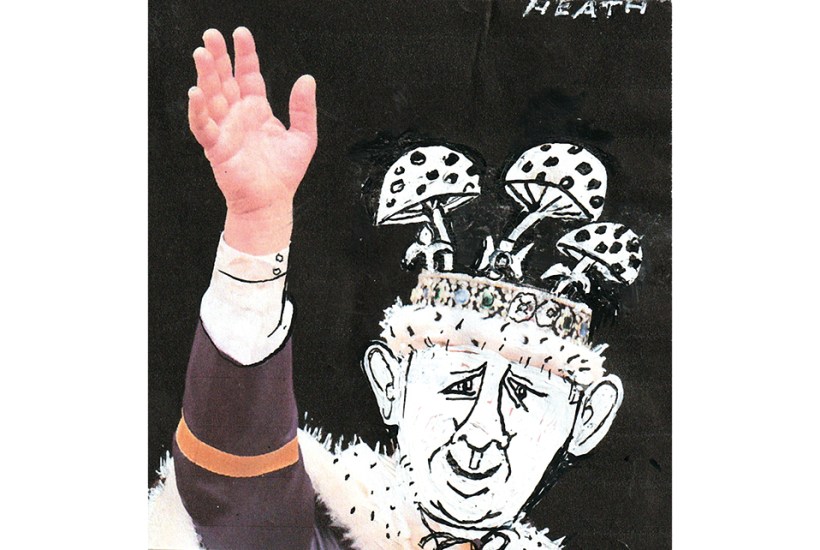![]()
00:00
06:28
Robert Hardman has narrated this article for you to listen to.
We are familiar with the perfectly sensible convention that monarchs should not fly with their heirs. But should they also be discouraged from foraging for their prime ministers? While researching my new book and film on the King, I was at Balmoral to see the visit of the Sunaks.
Already a subscriber? Log in
Subscribe for just $2 a week
Try a month of The Spectator Australia absolutely free and without commitment. Not only that but – if you choose to continue – you’ll pay just $2 a week for your first year.
- Unlimited access to spectator.com.au and app
- The weekly edition on the Spectator Australia app
- Spectator podcasts and newsletters
- Full access to spectator.co.uk
Or
Unlock this article
You might disagree with half of it, but you’ll enjoy reading all of it. Try your first month for free, then just $2 a week for the remainder of your first year.








Comments
Don't miss out
Join the conversation with other Spectator Australia readers. Subscribe to leave a comment.
SUBSCRIBEAlready a subscriber? Log in